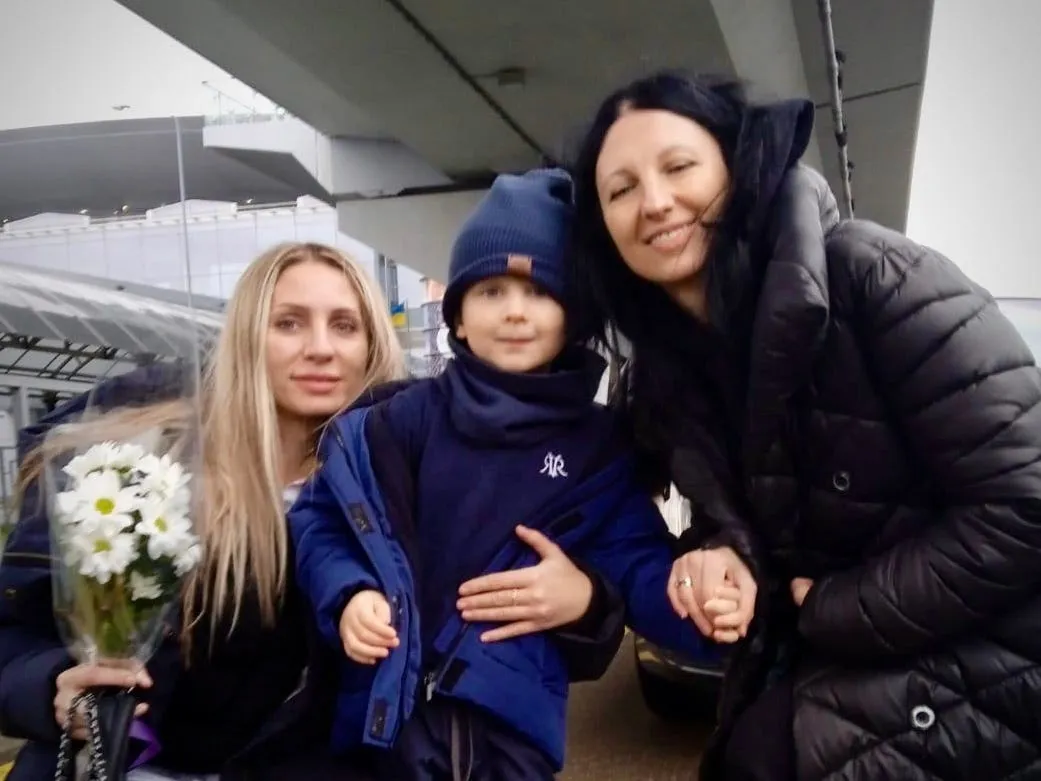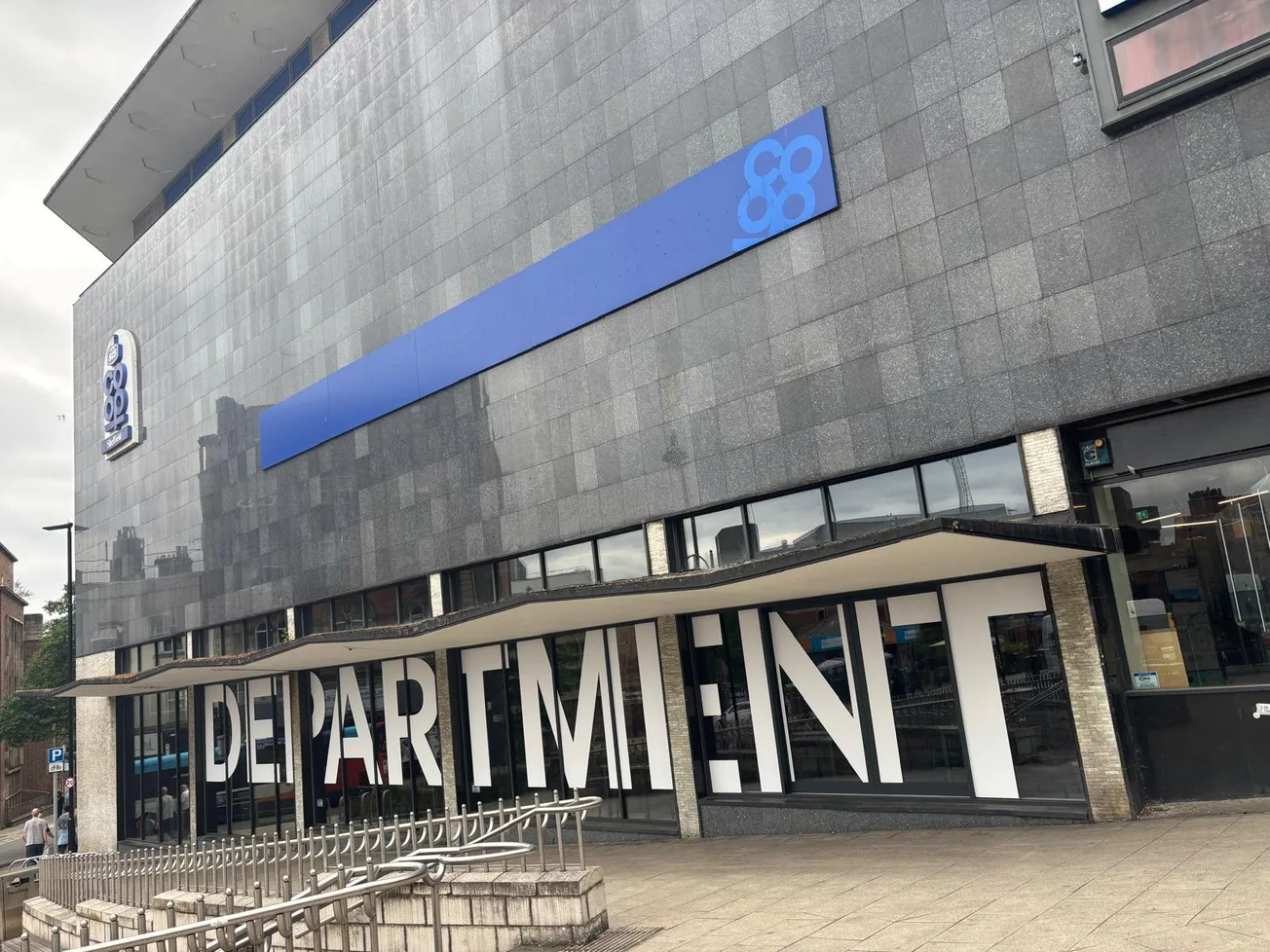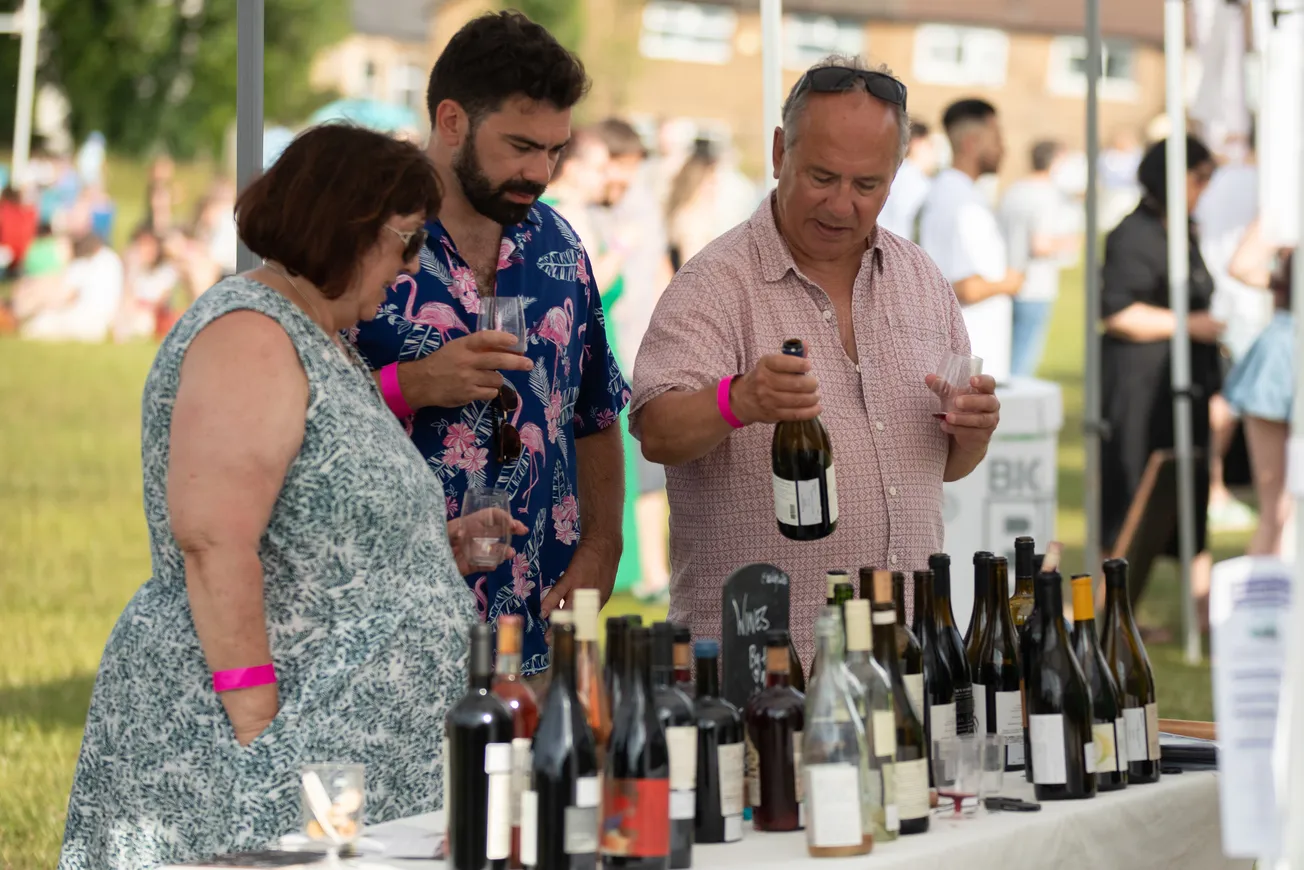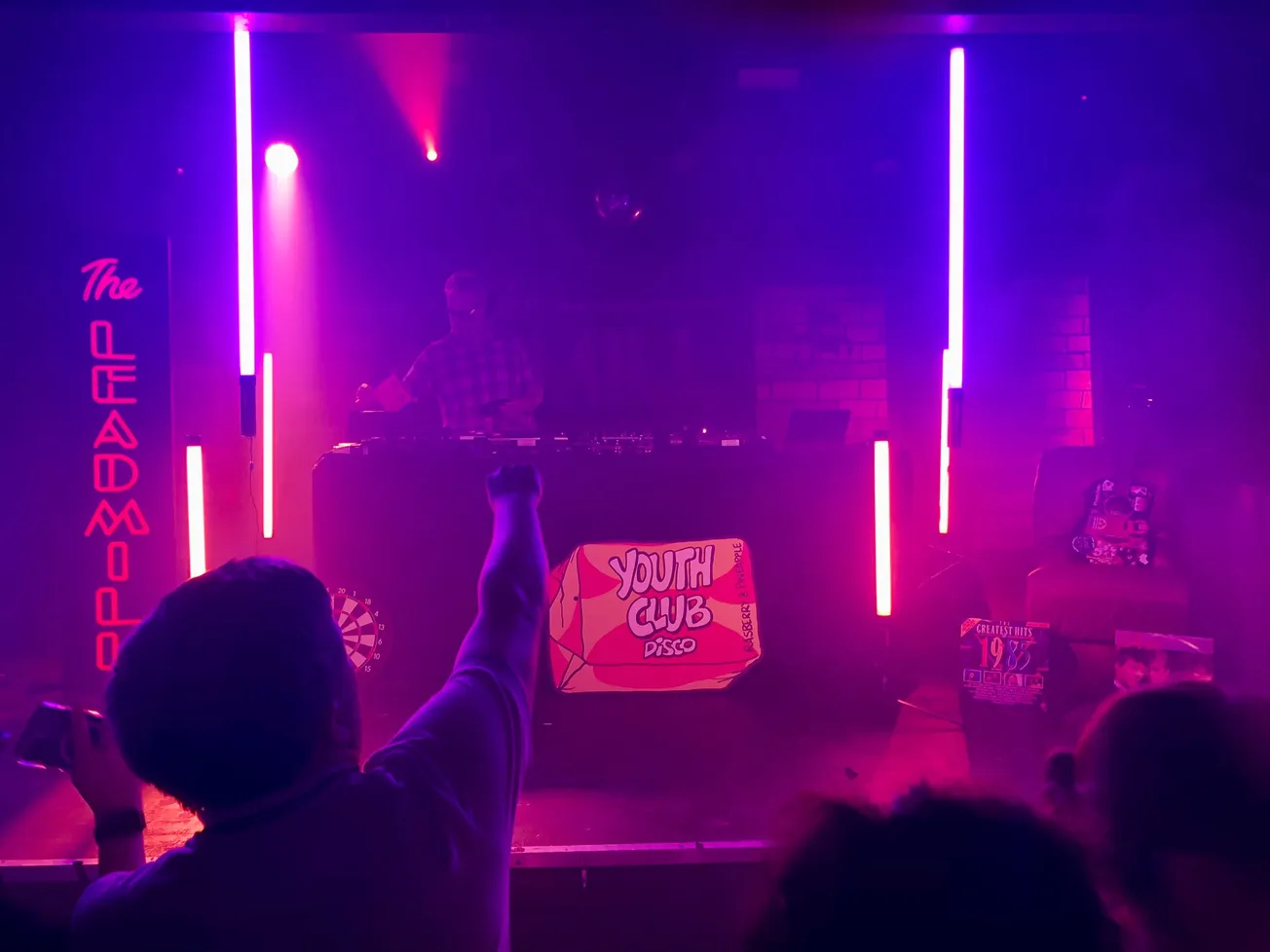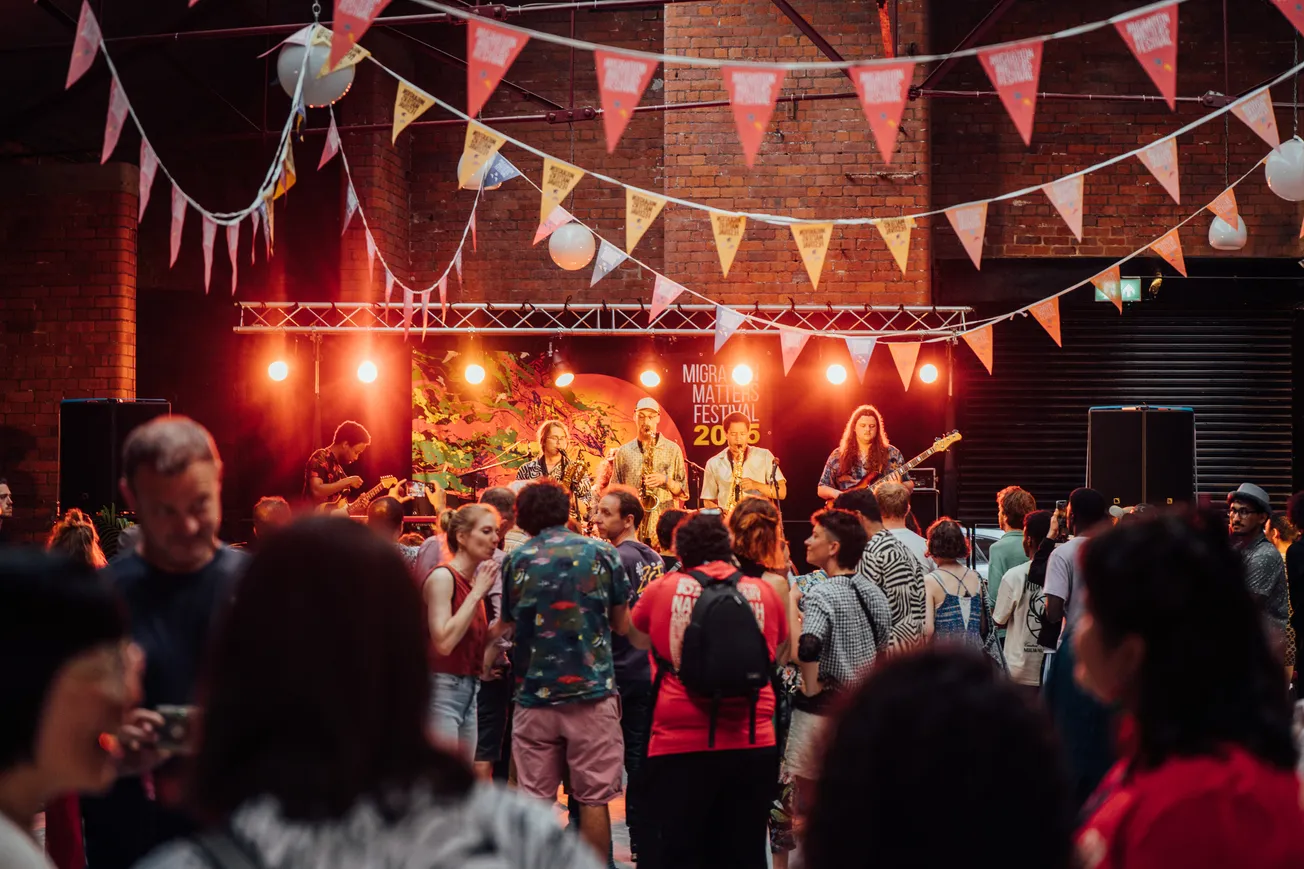Just over a week after the war in Ukraine began, 44-year-old Kateryna Fialko and her four-year-old son Mathew were evacuated from Kyiv. Although the train they managed to get on was packed they were just relieved to be leaving. But the relief was bittersweet: they were happy to be heading to safety but still profoundly worried about those they were leaving behind.
The train to Warsaw took 14 long hours, through the fields and hills of western Ukraine and across the tightly guarded border; then hundreds of miles north before reaching the relative safety of the Polish capital. Until they left Ukrainian territory the hundreds of people on board the train had to ride in complete darkness to avoid detection by Russian warplanes. It was standing room only all the way.
Before the war, Kateryna and Mathew lived with Kateryna’s husband Oleg in a comfortable apartment in Kyiv. Kateryna works as a doctor and Mathew went to nursery every day. But within hours of the first shots being fired, their normal lives were turned upside down. What had once been a modern, European country became a war zone overnight.

For the first nine or ten days they decided to sit tight. Kateryna didn’t want to leave the city as she felt she had an important job to do and patients to look after. But as soon as the invasion started, no one was going to work and Mathew was unable to go to nursery. Everyone was either bunkered down at home or in bomb shelters.
During that time they slept on the floor of their hallway, as far as humanly possible from the outer walls and windows to avoid being hit by glass or debris. Kateryna tells me it is impossible to describe the fear of trying to fall asleep while there is constant noise from the sirens and shelling. “It was mentally and physically exhausting,” she says. “So we had to evacuate to Poland.”
When they finally arrived in Warsaw, Kateryna’s sister Olya immediately flew there to meet them. Olya, 39, lives in Lakeside in Doncaster and currently works for the NHS as well as lecturing part-time for the Open University in psychology. The Ukrainian family resettlement scheme had just been set up and she was hoping to bring them home to live with her.

This was easier said than done. The security checks demanded by the UK government mean refugees have to submit their biometric data in the form of fingerprints at visa centres and then wait for the results. Many other European countries have waived visa requirements for those fleeing the conflict in Ukraine but Kateryna and Mathew had to queue for three days just to get an appointment. In the end, Olya flew back to the UK while Kateryna went to a refugee centre for women and children two hours out of Warsaw.
On Tuesday she travelled back to Warsaw to find out if she had been successful. There were massive queues of people applying for visas and waiting for their results. Finally that evening she got a stamp in her passport which entitled her to three months in the UK. This is well short of the three years which is suggested by the UK government guidance but for the moment, Kateryna is just happy to be here.
Olya tells me that people wanting to live with family in other countries don’t have to go through this process. Poland, for example, is much more straightforward. But for Britain, there is a long wait of at least a week, possibly even a couple of weeks, before Ukrainian refugees are able to enter the country. Kateryna says she hopes they will find a way to process applications faster for the other refugees because many of them are in real crisis and need urgent support.

The pair finally arrived in the UK at 7am on Wednesday, March 16, on a direct flight from Warsaw to Doncaster Sheffield Airport. Olya met them off the plane with a bunch of white daisies. They were absolutely exhausted from their journey but very relieved to have arrived. “They left all their life behind,” Olya tells me. “For the past couple of weeks they have been nomads with a tiny suitcase, just waiting for permission to come to the UK.”
Mathew attended nursery every day in Kyiv and would be due to start the equivalent of reception class later this year. Olya has also been trying to arrange a place for him at a local primary school but nobody at Doncaster Council is aware of any system in place for refugee children who may arrive in the area in the next few weeks. She has been advised to submit a standard application for a place in a primary school.
Now they are safe, it’s natural that their thoughts return to those they have left behind. Oleg is of an age where he must stay in Ukraine as part of the army reserve (men aged 18 to 60 have been ordered to remain in the country by the government). He has since joined the territorial defence despite having never carried a weapon before in his life. Olya and Kateryna’s 42-year-old brother Andriy is in the same position.

Olya’s family originally comes from the northeastern city of Sumy, where their mum and dad Valentyna and Vasyl still live. Just 48km from the Russian border, Sumy has been besieged for weeks. Water and power have been cut off and small numbers of civilians are allowed to leave on packed buses during the occasional ceasefires. But her parents run a shelter for stray animals and cannot leave them behind.
“Sumy was one of the first places to be hit,” she says. “It’s one of the worst affected areas where Russian convoys have been passing through and attacking the villages.” She says there is a major shortage of supplies there now but that they have managed to remain in touch with them so far. “Everyone is still alive and trying to keep safe.”
I ask Olya what it’s been like these last three weeks, thinking of her country being attacked and her family put in danger. “The first two weeks it was just a living nightmare,” she says. “I could not concentrate on work and everyone I know who has links to Ukraine felt exactly the same.” She explains that many people she knows have been off sick with stress. “Seeing people you know being killed and places you know being destroyed is just like watching a horror movie. You couldn’t believe that it was real.”

Since then she tells me she has felt more upbeat because she is doing things to help. This includes volunteering at Doncaster’s Ukrainian Centre, organising donations to be shipped to those in need or working to connect refugee families with local hosts. She has also connected with other Ukrainians in the region like Olena Mandrik in Sheffield who has been organising protests, relief and accommodation.
“One of the positives of this horrific time is that lots of people came together,” she says. “I’ve got to know lots of new people.” Some of these have been people she’s met at the Ukrainian Centre in Wheatley. Founded by migrants who came to South Yorkshire after the Second World War, over the decades its membership has dwindled but the current situation in Ukraine has “brought it back to life”.
Speaking to me through her sister, Kateryna said she wanted to say a special thank you to the people of the UK who have been so generous in supporting fleeing Ukrainians. “I love Britain and have visited my sister here many times before,” she tells me. She explains that Doncaster feels like a home away from home. “We feel extremely grateful for the opportunity to shelter here during the time of war. It’s also fantastic that Britain is beginning to accept refugees without any family connections in the UK. It will make a huge difference in so many lives.”

Comments
How to comment:
If you are already a member,
click here to sign in
and leave a comment.
If you aren't a member,
sign up here
to be able to leave a comment.
To add your photo, click here to create a profile on Gravatar.


